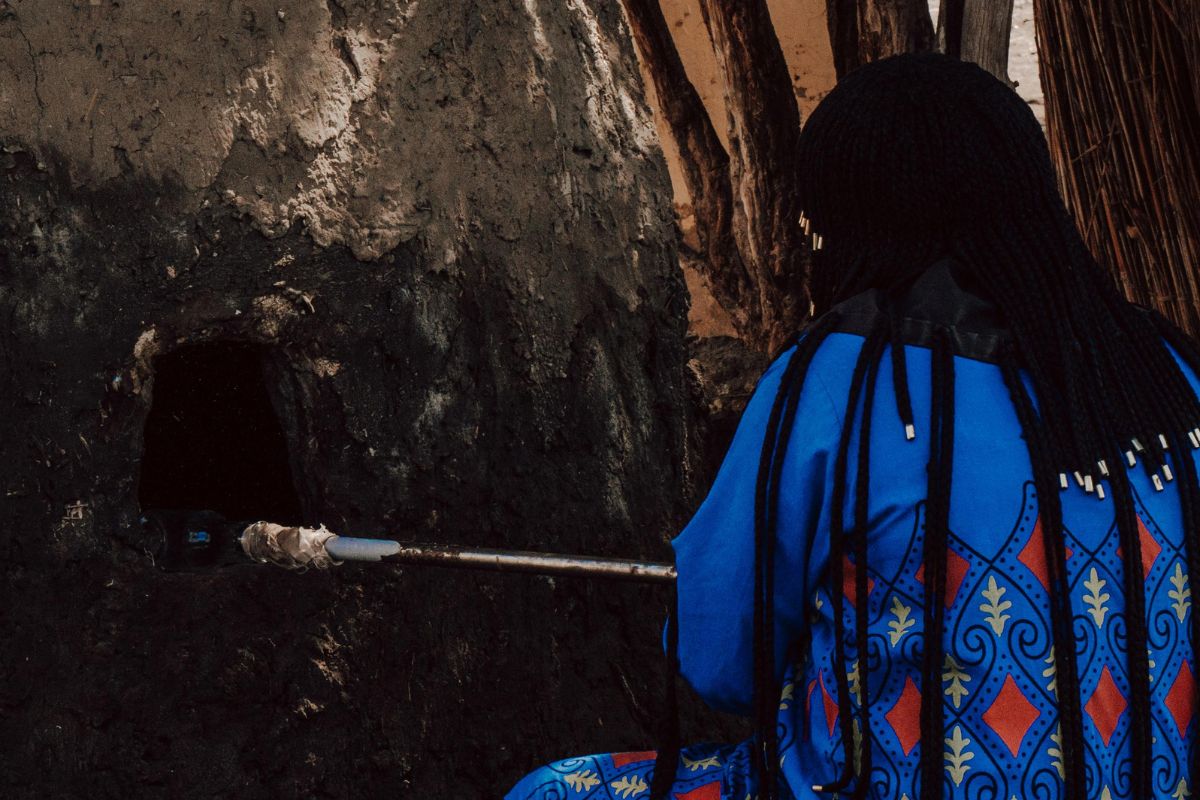
How Digital Woman Uganda is turning tech into hope for rural women facing GBV
Digital Woman Uganda shows Africa how tech can serve women in remote communities – not by apps, but by voice, language and accessibility.

When we talk about innovation that connects hope with action, Digital Woman Uganda stands out. This Ugandan organisation has developed a digital platform that’s already making waves in rural communities where Gender-Based Violence (GBV) was often hidden by distance, silence and lack of access.
What the innovation looks like to GBV victims
In rural districts like Tororo and Busia, where internet access is limited, Digital Woman Uganda launched an Interactive Voice Response (IVR) system called Mobimocc.
Users dial a simple phone number and through voice-prompts in local languages they get:
- Information about what GBV is and their rights.
- A safe way to report abuse or request psychosocial support.
- Referral pathways to local health centres, counsellors and legal aid.
The platform functions even on basic feature phones, no internet required, so even women in remote villages can use it. According to the organisation, over 3 200 users made use of the system in early trials.
In May 2025, the initiative was awarded the Nelson Mandela–Graça Machel Innovation Award in Bangkok for its impact in hard-to-reach areas and for centring women in rural digital rights.
Why it matters for Uganda, Africa and our wider community
For Uganda
The digital divide remains significant: while internet coverage is improving, only 9% of rural Ugandans have access. Women in rural areas remain especially underserved.
By using voice technology, Digital Woman Uganda removes a major barrier and gives women access to support and justice.
For Africa and South Africans
Our continent often shares the same challenges: rural isolation, weak transport links, limited digital infrastructure and social stigma around GBV. This solution shows that innovation can be adapted to suit rural realities not just urban tech hubs.
For South Africans living at home or abroad who care about Africa’s advancement, this model offers both inspiration and a blueprint for change.
A future without GBV
Digital Woman Uganda’s next steps include scaling Mobimocc nationwide, integrating real-time mapping of GBV hotspots and linking cases to local service-providers for faster response. Their founders emphasise: “Technology alone isn’t enough – it must be community-driven, culturally sensitive and rooted in women’s voices.”
If successful, we’re looking at a future where rural women in Uganda and beyond have dependable tools, immediate support and a sense of safety.
